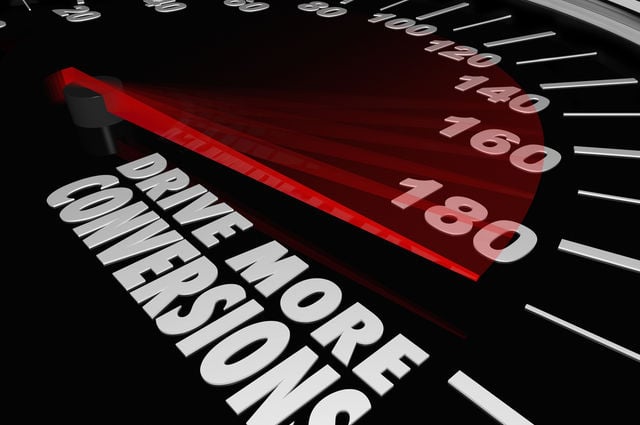Why improving hotel website conversion rates is a top priority in 2024
16 experts shared their view
The average hotel website conversion rate (bookings divided by unique monthly visitors) is typically below 2%. Out of 100 people who visit the average hotel website, two or less will book, and 98 or more will abandon your website and make a booking elsewhere - either with your competitors or with the OTAs.
The situation is even worse with independent hotels, where conversion rates are even lower and range between 0.5% -1.5%. Most hoteliers do not even know what the conversion rates are on their property websites.
What are the reasons for these exceptionally low conversion rates?
Mobile-last property websites, poor user experience (UX), sub-standard CMS and CRS technologies, poor visual and textual content, lack of merchandising strategy and technology, lack of reward or guest appreciation program in place, market and rate disparity, lack of enticing offers and compelling reasons to even enter the booking engine process - less than 1/3 of website visitors do so, etc. are only some of the reasons for these poor results.
Hoteliers are spending their limited marketing dollars on SEO, paid search, metasearch, online media, PR, and social media in order to bring users to the hotel website, and allowing 98%-99.5% of them not to book. Complete waste of precious resources!
So, the question is, how can hoteliers increase conversion rates on their websites and boost direct bookings in 2024?
Hotel websites almost exclusively cater to users with transactional intent, making a 1-2% conversion rate unsurprising. Hotels must optimize their websites to engage upper-funnel visitors in the dreaming and planning stages of travel planning, reflecting most website visitors who aren't ready to "book now."
Dreamers, in search of inspiration and travel insights, are the audience for engaging blogs and destination guides on hotel websites. To effectively cater to these potential guests, the content quality must be on par with that of an online publisher, offering original and useful travel tips for savvy travelers.
Planners, who are comparing properties within their budget, often face a challenge due to the prevalence of professional yet templatized layouts on many hotel websites. To stand out in this competitive landscape, it's crucial for hotels to emphasize their unique branding and website design, providing planners with a sense of the property's distinct character or selling points.
When the hotel website shifts from prioritizing 1-2% of users with transactional intent to meeting the needs of ALL users across the travel planning journey, hotels will see higher conversion rates and more direct bookings.


